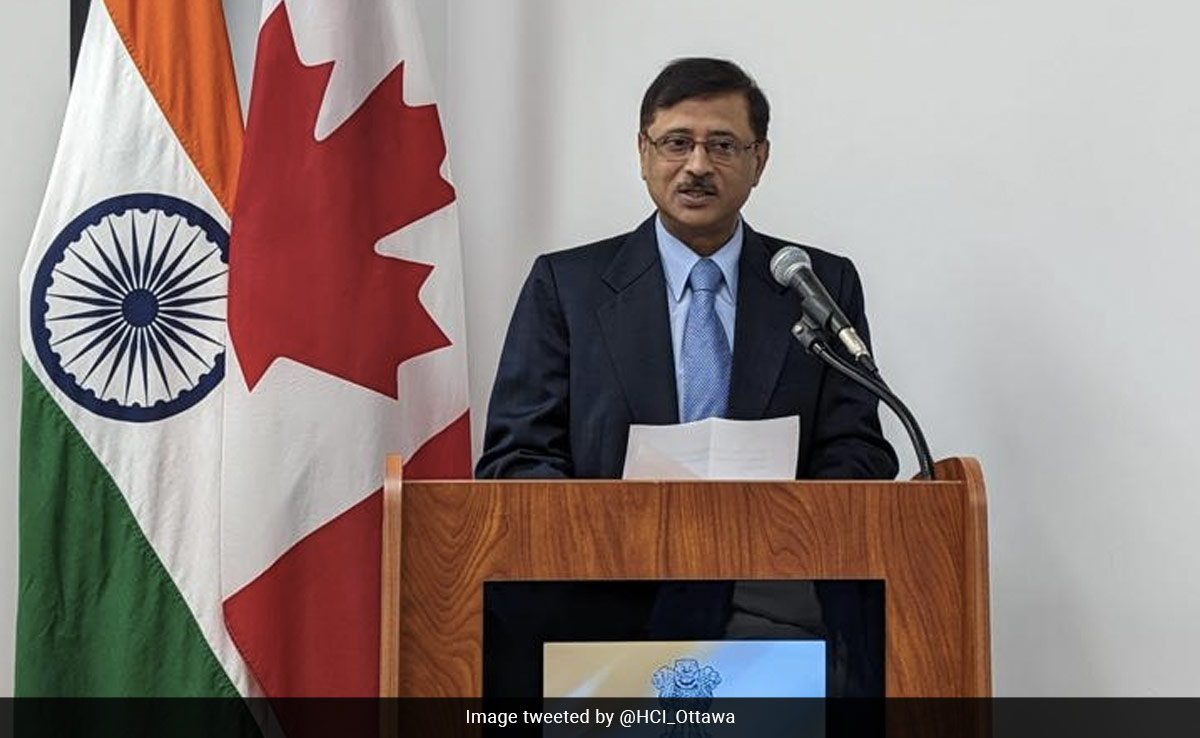India’s High Commissioner to Canada, Sanjay Kumar Verma on Tuesday said that the origin of the friction between New Delhi and Ottawa is the “lack of understanding of India’s concern” over a “decades-old issue (Khalistan) that has re-emerged” on foreign soil.
Speaking at an event at the Montreal Council on Foreign Relations, he added that it was “a big red line” for India.
Terming the pro-Khalistan extremists in Canada as foreigners since they hold Canadian citizenship as India doesn’t allow dual citizenship, Mr Verma said, “The foreigners having an evil eye on the territorial integrity of India. That is a big red line for India. Indians will decide the fate of India, not foreigners. If those Indians that are living abroad want to decide the fate of India, then they better go back and participate in the election process in India.”
Meanwhile, the three Indian nationals arrested last week in connection with the killing of Hardeep Singh Nijjar appeared before the Surrey Provincial Court in British Columbia. Karanpreet Singh, Kamalpreet Singh and Karan Brar were arrested by the Royal Canadian Mounted Police in Edmonton and have been charged with murder and conspiracy to murder.
Back in Montreal, the high commissioner also pointed out that while the negative in the relationship grabs the headlines, there are many positives to the relationship – the most important one being trade. High Commissioner Verma said, “Trade has been going up despite political divergences.”
He pointed out how Canada has benefitted hugely from services exports to India, a country that itself is big in the services sector. He said Canada was one of the few countries that exports more services to India than it imports. Services exports to India drove up Canada’s overall exports in 2022. The overall trade in services between India and Canada was over USD 9 billion a total trade figure of almost USD 19 billion.
India’s largest import from Canada is coal briquettes – close to USD 850 million last year. This has declined over the last few years due to India exploring alternative sources of energy to eliminate dependency on fossil fuels. This is followed by the import of lentils largely from the province of Saskatchewan in Canada and followed by a huge import of diamonds.
India’s largest export to Canada is medicines, followed by shrimps and smartphones. Basmati rice exports from India to Canada went up by 14 per cent over the last year.













